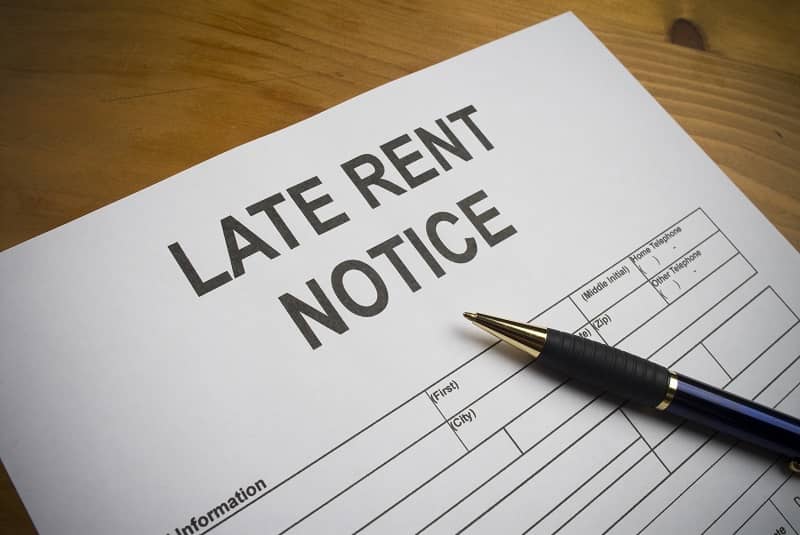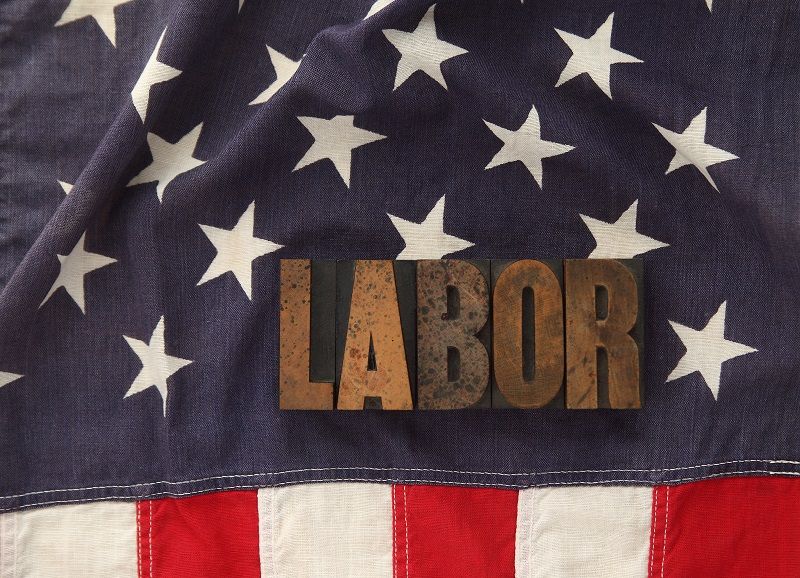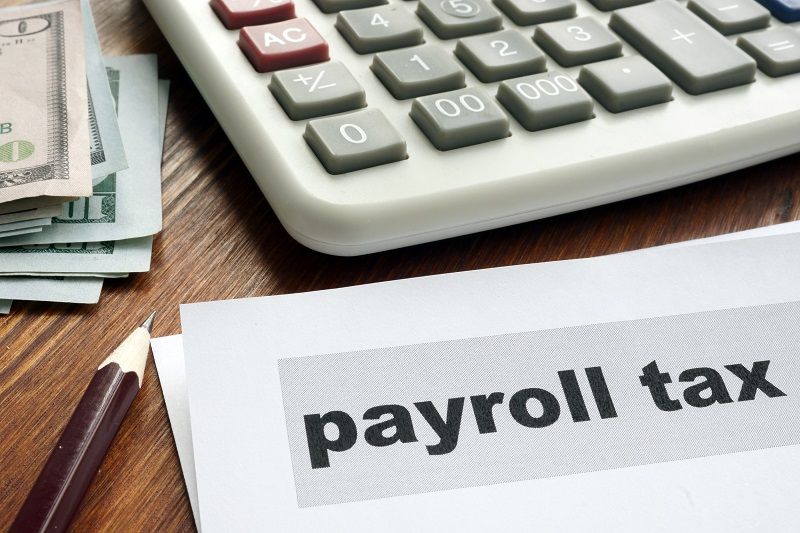The concept that everyone should earn at least some government-mandated minimum wage is politically very appealing. It’s almost the classic example of taking from the few and giving to the many. “The few” in this case are portrayed as rich businessmen who could never spend all the money they have, so what’s wrong with making them pay their workers a little more? Now, proponents of raising Oregon’s minimum wage are trying to convince us that somehow such policy is actually good for small business owners.
A recent report from the Oregon Center for Public Policy claims that a higher minimum wage works for small businesses by giving them “more of what they need most: customers with money.”
In reality, raising the minimum wage would only benefit small businesses if owners didn’t mind depleting their own savings or investment funds in order to support higher labor costs. Otherwise, they would have little choice but to raise prices, which would harm all their customers, especially those on the lower rungs of the economic ladder.
And, because minimum wage laws actually cut off those lower rungs on the economic ladder, younger, less educated, and less experienced workers will be even less likely to get or keep the very jobs they need to be customers in the first place. They may spend their unemployment checks, but those checks won’t go as far once prices are raised to cover the higher labor costs that a boost in the minimum wage imposes.
The argument that a higher minimum wage pumps more money into the economy assumes that the resulting pay increases are somehow “new money.” In reality, much if not all of that “new money” will be offset by a corresponding loss of savings or investment funds that otherwise would contribute to more economic growth and hiring more workers.
Just because low-wage workers are likely to quickly spend any wage increases doesn’t mean that on balance that’s good for small business. Taken to its logical conclusion, that would mean small business owners, and everyone else, should never save and invest for the future, but immediately spend every dollar they earn also. If this behavior really benefitted the economy, why are we seemingly so concerned about the dismal rate of saving and investing for retirement among Oregonians? Couldn’t small businesses benefit even more by encouraging everyone to spend all their income right now?
Another set of arguments for raising the minimum wage include the assumptions that higher wages “motivate employees to work harder;” “attract more capable and productive workers;” “lead to lower turnover, reducing the cost of hiring and training new workers;” and “enhance quality and customer service.”
While higher wages may lead to the benefits stated above, if business owners believe that is the case then they should be willing and eager to raise wages whenever possible. The fact that minimum wage proponents want to force business owners to reap these benefits weakens their case.
Finally, there is a real irony in the campaign to boost Oregon’s minimum wage. Minimum wage laws conspicuously leave out a class of individuals who don’t get a paycheck from someone else, but hopefully get one from themselves. Self-employed people, small business owners, and entrepreneurs trade a steady paycheck for the opportunity to be their own boss. They often risk everything―their homes, their savings, all their assets―to build a business that might someday earn them a much higher paycheck than they could ever earn working for someone else.
But, while building a business, many entrepreneurs actually earn less than the minimum wage. They may actually have negative earnings, dipping into savings or borrowing money to keep their doors open and pay their employees. And yet, if these risk-takers hire anyone to help them make their dreams come true, government says they must pay those workers at least $9.25 per hour in Oregon today, and perhaps as much as $15 per hour in the near future.
So, while business owners are free to do a lot of things, and take a lot of risks, one thing they cannot do is hire anybody for less than the minimum wage, even if they are earning less than that themselves. Of course, this may not be a winning argument politically.
It’s easier to demonize supposedly “rich” business owners than to tell workers and job seekers the uncomfortable truth that to be employed in a successful business they must produce as much or more value than they wish to be paid.
Proponents of raising the government-mandated minimum wage know that they have little to lose and much to gain politically by telling young, less educated, and less skilled workers that they deserve to be paid more, and it’s only greedy business owners standing between them and the higher wages they desire.
Let’s just hope that if another bump in Oregon’s minimum wage results in some workers losing their jobs and others not getting hired in the first place that they place the blame for their troubles where it belongs―not on employers, but on those who promised them higher wages but couldn’t deliver because economic reality stood in the way.











